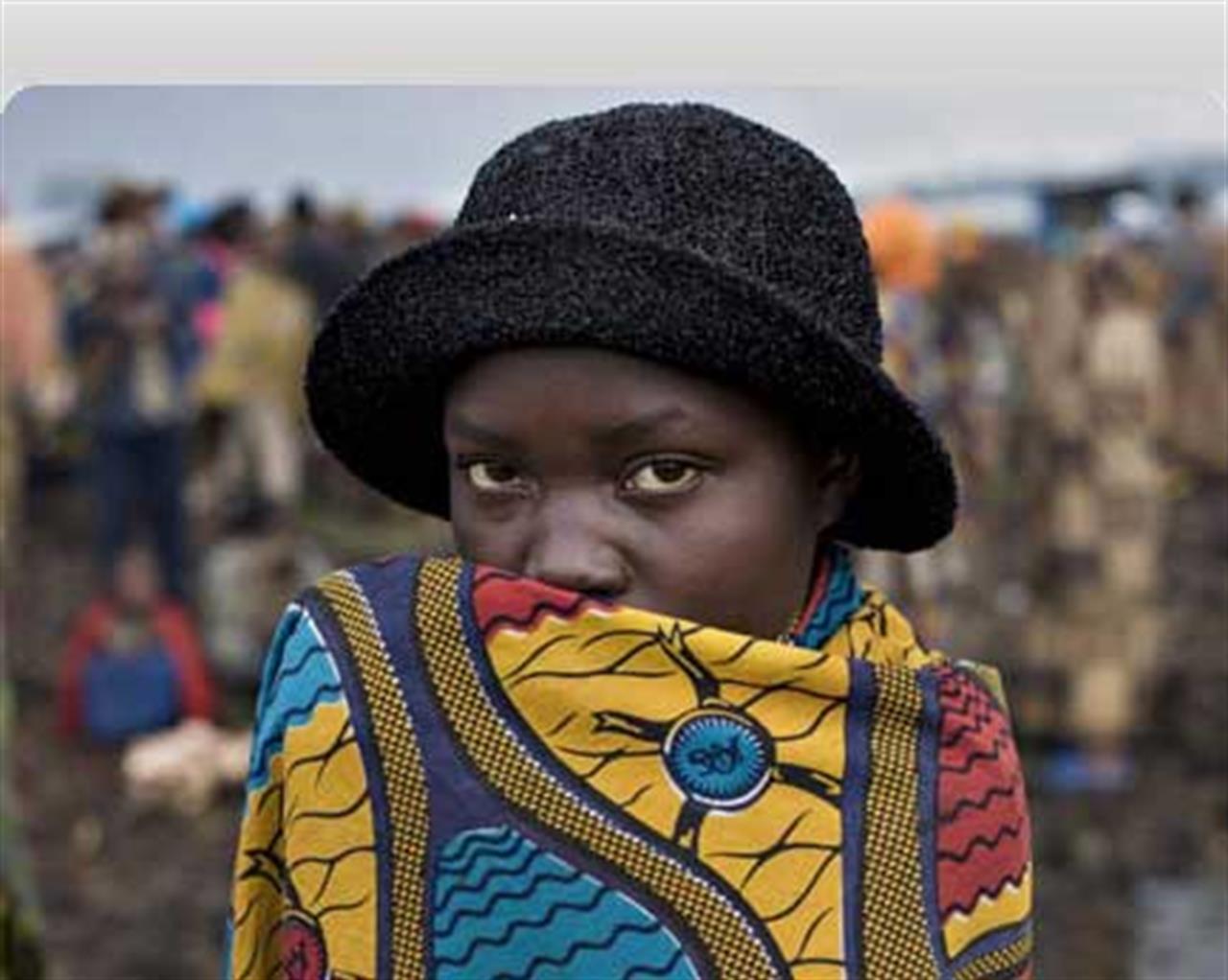Non profit
European Commission writes to VITA
The head of the African Unit at the European Commission thanks VITA's raising in awareness on the situation in Congo.
di Staff

European Commission writes to VITA: “European civil society has been instrumental in bringing attention for the dire situation in the Democratic Republic of Congo”.
Following the petition launched end of November by VITA magazine and VITA Europe to stop the war and humanitarian crisis in Congo, Elisabeth Tison, the head of African relations at the European Commission, has written to us thanking us for the “efforts in sensitising the actors of the civil society and of the political scene, but also the general public in Italy and beyondon the situation in DRC and for having reached hundreds of supporters for the petition”.
The Head of Unit says that the European Commission “largely shares” VITA’s concern, having strived to be “at the forefront in efforts aimed at providing humanitarian supportto the population in need as well as in the laborious search of a solution for the multiple crises affecting the country.”
She stresses the number of “positive development” that have occurred in the East of DRC since the petition was launched in late 2008, although she also points out that “all the risks have not been put aside in the Kivus and that renewed efforts are necessary in order to consolidate the recent positive developments.” Namely citing Haut Uélé, Tison describes it as a “theatre of recent atrocities”, where the situation is “still extremely worrying”.
Democratic Republic of Congo’s five-year war officially ended in 2003, but the country is still regularly listed as the site of one of the world’s worst humanitarian crises. Despite having their first elected president in over 40 years and living in a country which should be rich from its gold, diamonds and minerals, millions of Congo’s people still suffer from a lethal combination of disease and hunger caused by ongoing conflict and displacement.
The country formerly known as Zaire now has a democratic government – led by President Joseph Kabila, a former guerrilla – but insecurity continues in the remote, resource-rich provinces near the eastern border. The world’s largest peacekeeping mission – a U.N. force of 17,000 soldiers and police – struggles to prevent violence and protect the population of almost 60 million.
About 5.4 million people in this vast country have died from war-related hunger and disease since 1998, according to aid agency International Rescue Committee, which calculated in 2007 that as many as 45,000 people were dying every month. 40,000 women and girls are estimated to have been raped.
“There are few places on earth where the gap between humanitarian needs and available resources is as large – or as lethal – as in Congo,” said Jan Egeland, when he was U.N. under-secretary-general for humanitarian affairs.
Last December, a UN investigation presented evidence that the Rwandan and Congolese governments were fuelling ethnic militias fighting a conflict in eastern Congo that had created a humanitarian disaster in the region. The report presented strong evidence showing collaboration between the Congolese army and a Hutu militia, the FDLR, which includes many suspected of playing a role in the 1994 genocide in Rwanda.
In her letter to VITA dated 7 April 2009, Elisabeth Tison said that “major Congolese rebel groups have agreed to integrate the national army and adhere to a peace process, while a large consensus emerged to tackle other roots of the conflicts including the presence of the Rwandese FDLR and illicit commerce and natural resources.”
She concludes encouraging us to keep on efforts in “raising awareness and concern about difficult situations in the countries touched by conflict.”
Sources:
Vuoi accedere all'archivio di VITA?
Con un abbonamento annuale potrai sfogliare più di 50 numeri del nostro magazine, da gennaio 2020 ad oggi: ogni numero una storia sempre attuale. Oltre a tutti i contenuti extra come le newsletter tematiche, i podcast, le infografiche e gli approfondimenti.
